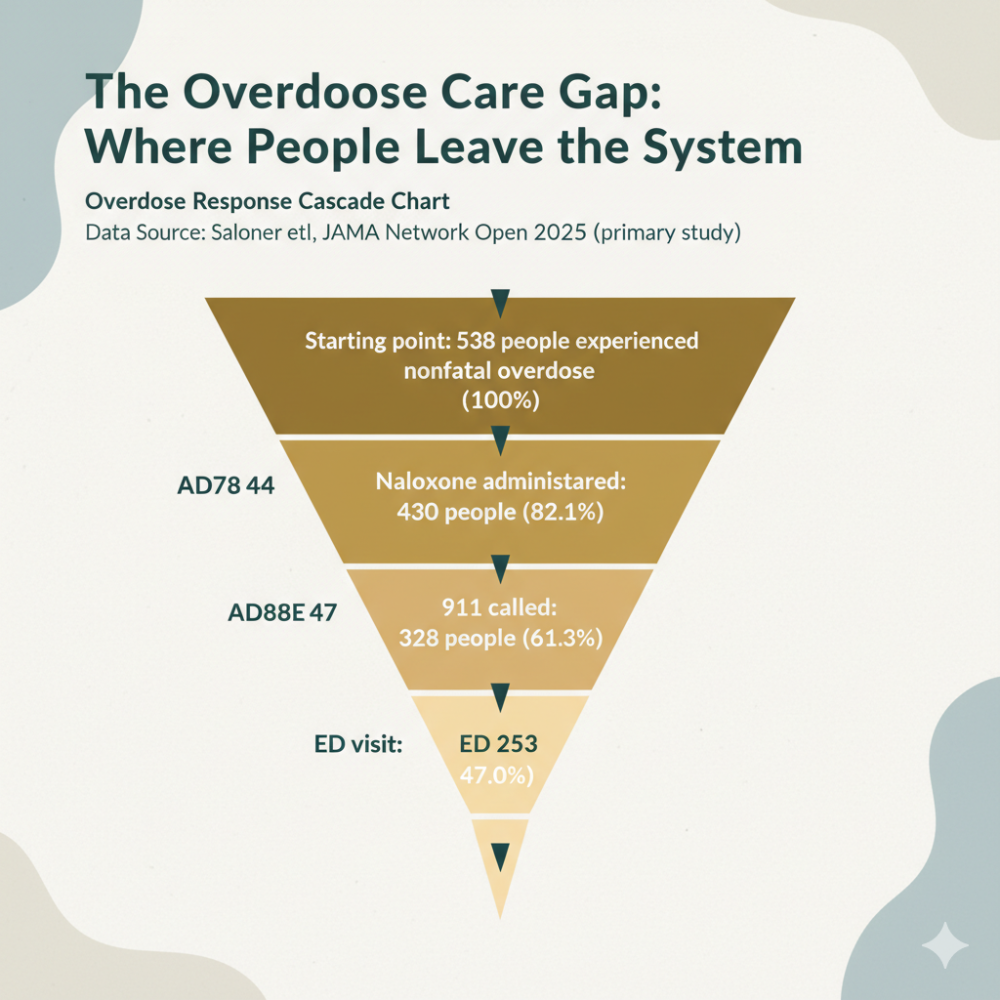Ambien, or Zolpidem, is in a class of drugs known as sedative-hypnotics. It was created to have the same effects as benzodiazepines without harmful and addictive properties. Ambien is most often prescribed to those who have chronic insomnia. However, while it may take longer to form an addiction than benzodiazepines, it is still possible to become addicted to Ambien.
Recognizing Substance Use Disorder (SUD)
Excessive Ambien use may lead to substance use disorder (SUD). There are 11 criteria for SUD, including:
- Taking the substance in larger amounts or for longer than an individual is meant to
- Wanting to cut down or stop using the substance but not managing to
- Spending significant amounts of time getting, using, or recovering from the use of the substance
- Cravings and urges to use the substance
- Not managing to complete tasks at work, home, or school because of substance use
- Continuing to use, even when it causes problems in relationships
- Giving up important social, occupational, or recreational activities because of substance use
- Using the substance again and again, even when it puts the individual in danger
- Continuing to use, even when the individual knows they have a physical or psychological problem that could have been caused or worsened by the substance
- Needing more of the substance to get the desired effects (tolerance)
- Development of withdrawal symptoms
These criteria are divided into four categories: impaired control, social impairment, risky use, and pharmacological indicators (tolerance and withdrawal).
Ambien withdrawal may include:
- Fatigue
- Nervousness
- Panic
- Uncontrollable crying
- Flushing of the skin
- Nausea and vomiting
The severity of the SUD is then determined by the number of criteria the individual meets:
- Mild: 2 or 3 criteria out of 11
- Moderate: 4 or 5 criteria out of 11
- Severe: 6 or more criteria out of 11
It may be hard to recognize how severe SUD is due to Ambien being a prescribed drug. However, there are ways to tell if you or a loved one is abusing Ambien, including:
- Taking Ambien in a way other than prescribed, such as taking more or crushing and snorting it
- Taking Ambien that was prescribed to someone else
- Appearing overly sleepy or looking “drugged” during the day
- Frequently requesting refills of the medication or searching for a doctor who will prescribe Ambien
- Changes in behavior
According to The National Survey on Drug Use and Health, in 2018, 1.7 million adults between ages 18 and 25 misused prescription tranquilizers or sedatives, while 4.3 million adults over 25 misused these prescriptions.
Are you or someone you love struggling with Ambien use?
Contact Us
Side Effects of Ambien
The side effects of Ambien can occur when taking the medication as prescribed or when it is abused. However, an individual who abuses Ambien is more likely to experience more significant side effects with more intense severity. Side effects range from mild to severe, affecting the cardiovascular, respiratory, digestive, and sensory systems. Dangers of Ambien use include:
- Rapid or irregular heartbeat
- Nausea and vomiting
- Abdominal pain
- Diarrhea
- Respiratory depression
- Muscle cramps
- Appetite loss
- Skin rashes
- Abnormal body movements
- Double vision
Ambien acts on receptor cells in the brain that bind with gamma-aminobutyric acid (GABA), a chemical that influences sleep and other neurological activities. Due to this, it is possible to experience cognitive or psychological effects, such as:
- Memory loss
- Difficulty concentrating
- Suicidal thoughts
- Disorientation
- Anxiety
- Depression
- Nightmares
The most dangerous side effects of Ambien use include individuals engaging in problematic sleep behaviors, such as cooking or driving while asleep. These behaviors can lead to injury or death.
Ambien and Other Substances
Ambien is very often used with alcohol. When tolerance is developed, some may drink alcohol to increase the medication’s sedative effects; however, both Ambien and alcohol work to depress the central nervous system. Combining the two can amplify the other’s effects, such as dizziness, depressed breathing, impaired cognition, and loss of physical coordination.
Some people also combine Ambien with benzodiazepines, such as Valium. Ambien and benzodiazepines taken together increase the risk of respiratory failure and fatal overdose. There is also a risk of damage to the heart, brain, and lungs.
On its own, Ambien requires a medically-monitored detox when trying to stop the use of the medication. However, combining Ambien with other substances may worsen withdrawal symptoms. Both alcohol and benzodiazepines have life-threatening withdrawal symptoms that can complicate the process of an Ambien detox.
How to Treat Insomnia Without Ambien
Ambien is most often prescribed to individuals who have insomnia. However, there are other ways to treat insomnia without taking the medication.
First, it is essential to identify the underlying causes of insomnia. There are various causes, including underlying mental health disorders. For example, anxiety and depression both have insomnia as an associated symptom. Other underlying causes may include a sedentary lifestyle, caffeine use, nicotine use, or working the night shift. Insomnia can also arise from lifestyle changes, stress, or brief emotional disturbances. Addiction to substances other than Ambien can also cause insomnia and insomnia may also cause SUD.
Treating both SUD and any underlying mental health disorders is vital to overcoming insomnia. Cognitive-behavioral therapy (CBT) has been proven effective for mental, behavioral, and substance abuse issues. It has also been shown to help treat insomnia. Research indicates that CBT for insomnia has as much benefit as Ambien and other sleep drugs in the short-term and even more significant lasting benefits.
However, before treating insomnia, an individual must stop using Ambien. Detox from Ambien can be uncomfortable and frightening and should always be done in medical professionals’ presence. Gallus Medical Detox Centers can help.
Ambien is a sedative-hypnotic typically prescribed to individuals who have insomnia. It was created to be less harmful and addictive than benzodiazepines. However, it is still possible to become physically dependent or addicted to Ambien. The medication has various severe physical and cognitive side effects. There are other ways to treat insomnia other than the use of Ambien, including cognitive-behavioral therapy. The first step in treating insomnia is stopping the use of Ambien. Quitting Ambien may cause frightening, uncomfortable, and even life-threatening withdrawal symptoms.
At Gallus Medical Detox Centers, we use proprietary, evidence-based medical protocols that prioritize our patients’ comfort and safety to guide them through the detox process. Our personalized treatment is delivered in a safe and peaceful environment. If you or a loved one struggles with substance use disorder related to Ambien, call Gallus Medical Detox Centers today.


 Steve B
Steve B 
